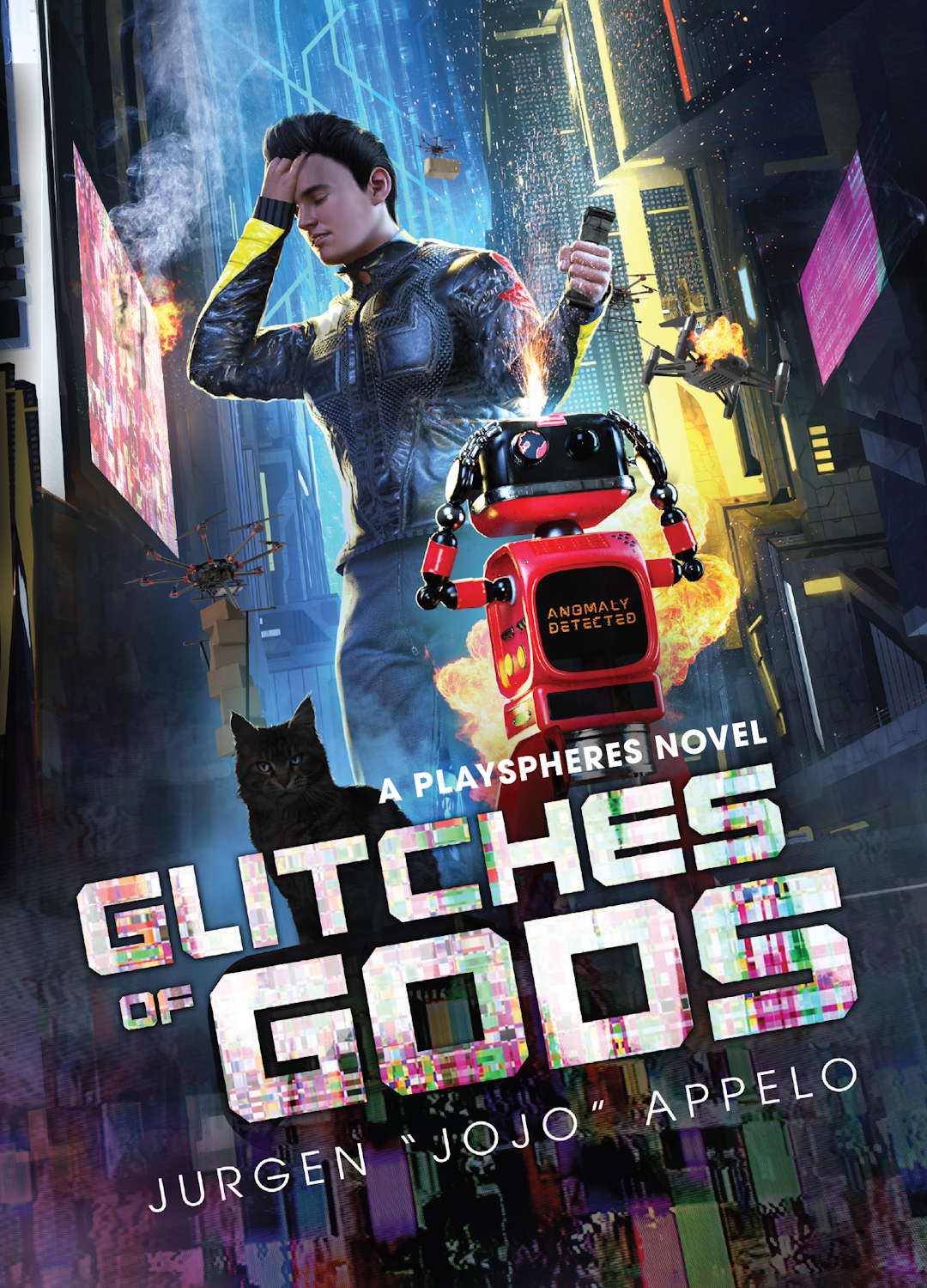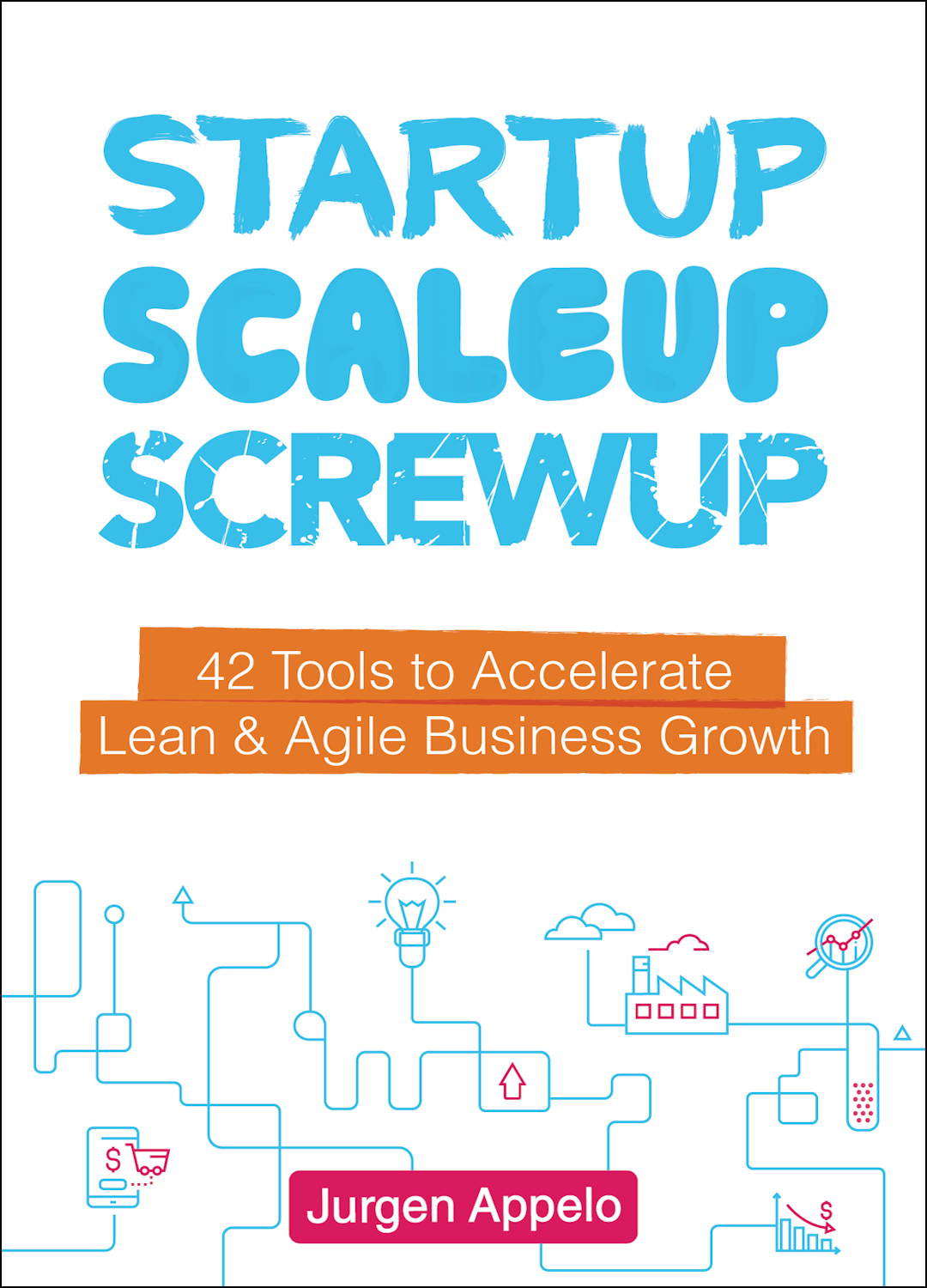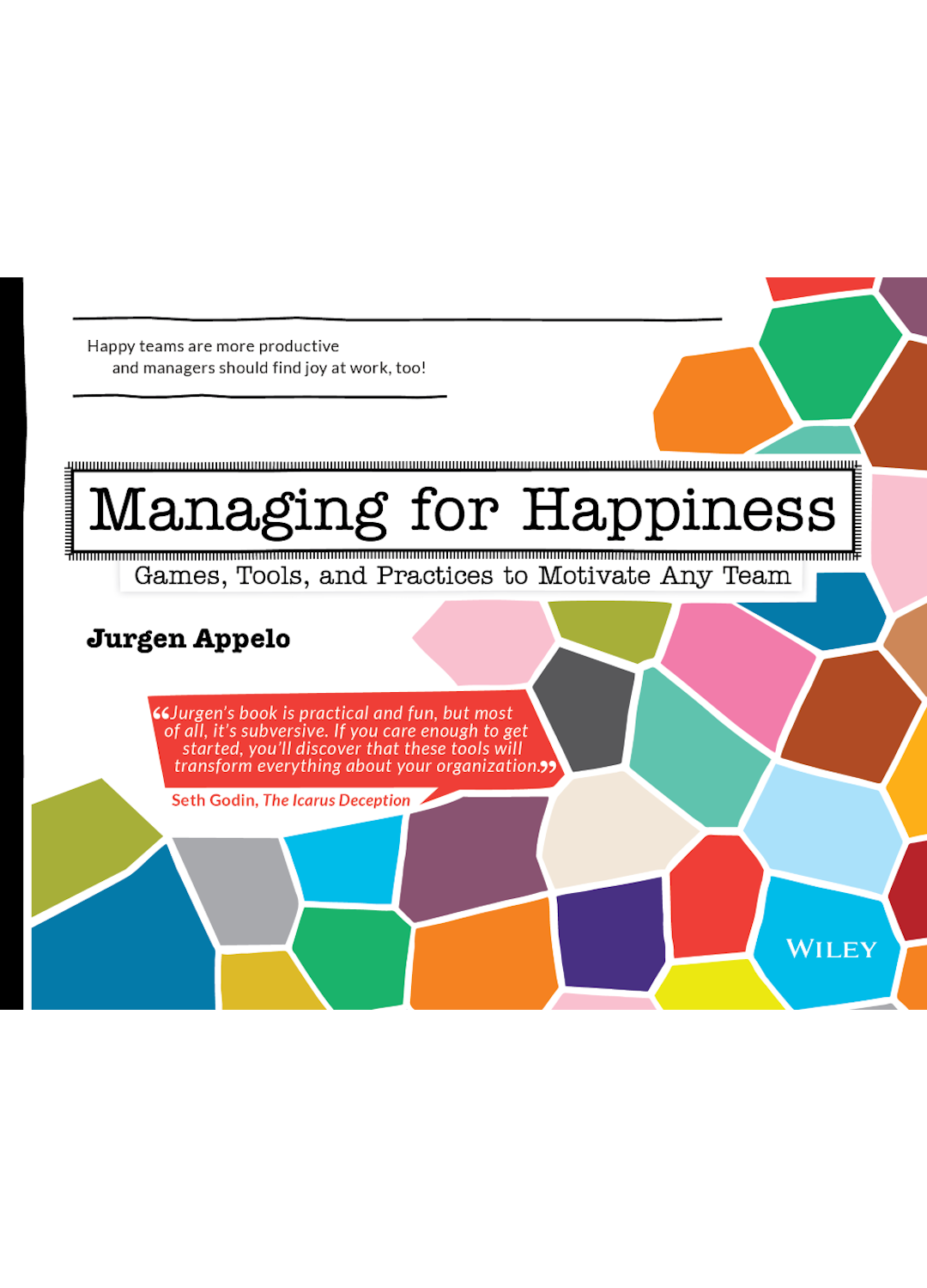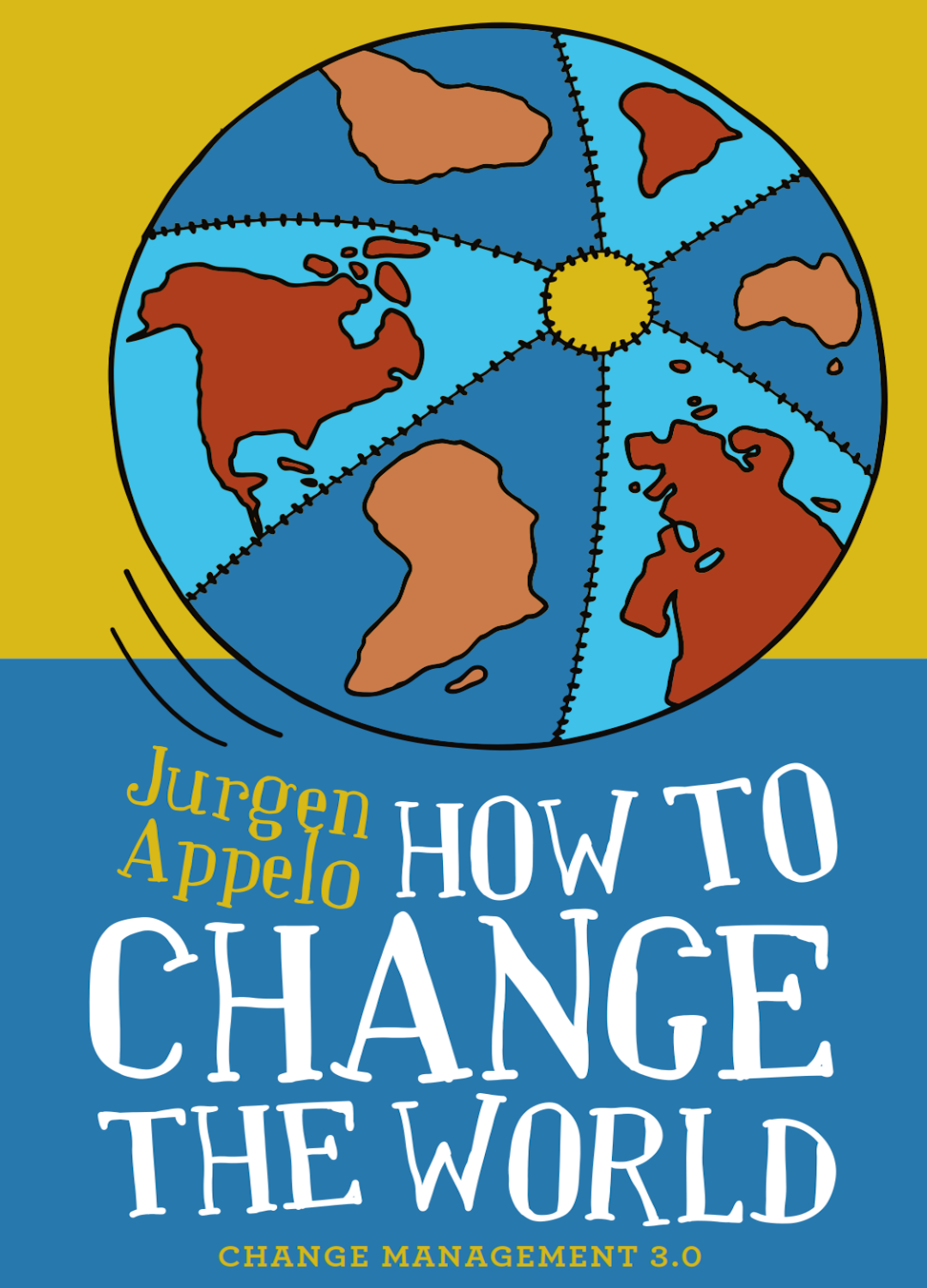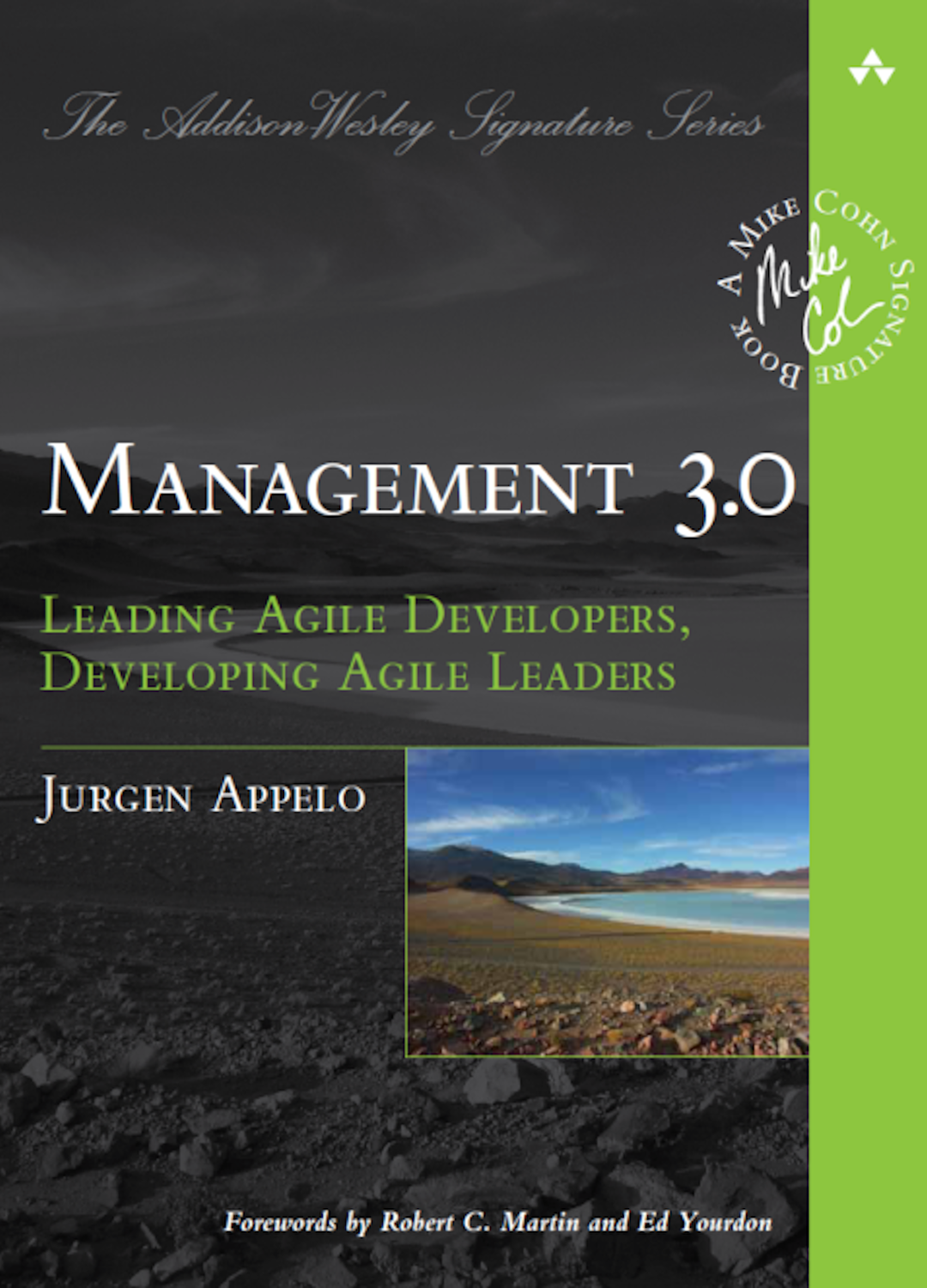As a budding author, you need to know who your comps are.
"Comps" is short for comparable authors. Which successful writers have a target audience similar to yours? Knowing your comps means awareness of your market, understanding your reader's expectations, and being up-to-date on what fellow authors have offered your audience before you.
Naive as I was, I had no idea. I only knew I liked Martha Wells' Murderbot Diaries and Gideon the Ninth by Tamsyn Muir. But that's where it stopped. (I read books by many sci-fi and fantasy authors, but most are not my comps.)
There are two ways of thinking about comparable authors:
Authors going the traditional way will find that agents have rules for your comps list: no books older than a few years, no mega-best-stelling authors, and only authors working with traditional publishers. These agents might tell you to choose authors writing novels with similar styles, voices, lengths, themes, etc. That's because they must convince publishers that your manuscript is worth publishing. Those publishers are looking for books that will be hot next year (or whenever they finally plan to release them), and they want to "predict" how many copies they can sell of your book. (Note: the double quotes in this paragraph are meant to convey a level of delusion.)
For self-publishing authors, the goal is quite different.
"When it comes to marketing, a comp author is not a writer with a similar voice or style or level of success, but one you share an audience with." — indie publisher David Gaughran.
Self-publishers need to be self-marketers. The most important thing for a self-published author is to find and connect with their target audience. You're not trying to sell your book to an agent who needs to sell it to a publisher who will sell it to some readers. Instead, you sell books to your readers directly, meaning your comp list should help you get book sales instead of a book contract. For example, knowing your comps is crucial when advertising on Amazon, Facebook, or BookBub.
Sidenote: in business, we know all about working with different stakeholders. LEGO sells its kits to toy stores that sell its products to kids (and "kids in mind"). Selling LEGO kits to toy stores is not the same as selling them to consumers directly. Toy stores have needs different from those of kids, and book publishers have needs different from those of readers. By directly selling to consumers, you can ignore the complexities of the traditional value chain between you and the reader.
So, how do you find your comps?
Casting aside all (deserved and undeserved) criticism of AI tools among writers, here is an excellent example of a task where ChatGPT can save you hours of your time: Ask it to do some comp research for you! So, I did, and this was my prompt:
"Suggest 20 comp titles published in the last three years for a science fiction novel set in a future Earth that features artificial intelligence, robots, androids, virtual reality, and LGBTQ+ characters, written in a humoristic style. Do not include any books that have appeared on bestseller lists. Do not include nonfiction books."
The list of titles the AI offered was a good starting point. (And yes, Tamsyn Muir was on the list.) Surprisingly, ChatGPT only hallucinated one title out of those twenty. Pretty good! (I used the same prompt with Google's Bard, and all titles it offered were wholly made up, which shows that bards offer fiction, not facts.)
My next step was to look up all twenty titles on Amazon, find out which categories these books were in, and check out the bestsellers lists for those categories to see which other books were on them. Sadly, Amazon's lists are messier than a little free library after a hurricane. So, I still needed to check all book descriptions to see which authors are my comps: those writing about AI and robots, with some diversity and humor sprinkled in.
The result after several hours of work: Becky Chambers, John Scalzi, Edward Ashton, Everina Maxwell, Micaiah Johnson, Nino Cipri, David Wong, and ... indeed ... Martha Wells, Tamsyn Muir, and more.
The good thing about all this effort is that I feel much less naive now. 😅
I finally have an idea of the authors who—if all goes well—will sit next to me on people's virtual bookshelves when people buy my novel. (For now, I can only dream about a chat with Tamsyn and Martha.)
To further explore the terrain around me, I started reading from the top of the list to better understand the market and get up-to-date on what these authors have offered their readers before me. This will be an ongoing process, with additional investigations on sites like GoodReads, Literature Map, and The StoryGraph.
I'm looking forward to all the research (and reading)!





